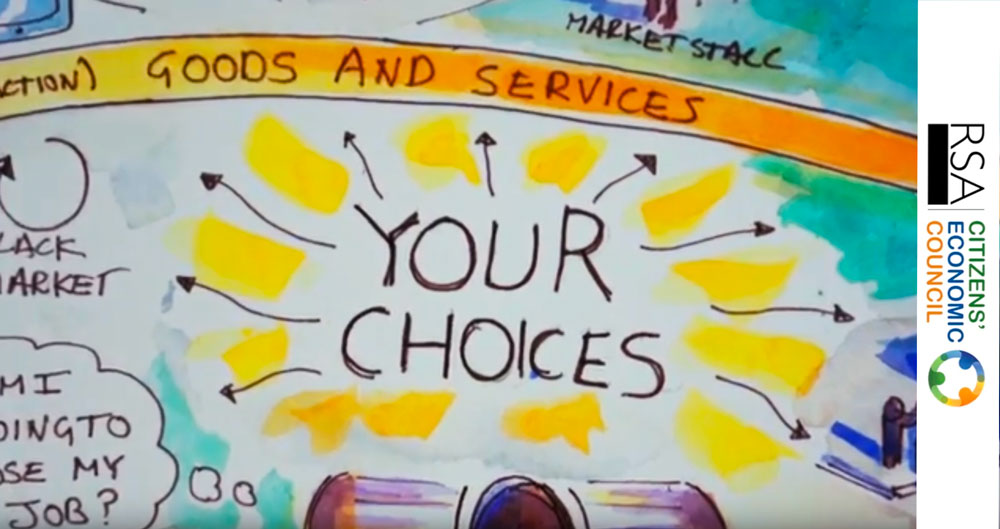
by Graham Smith | Oct 27, 2016
The economy is an area of decision-making fiercely protected by experts and politicians from public participation. But public confidence in this closed policy community is waning and arguments for democratic participation in an area that so profoundly shapes all our...
by Andrea Westall | May 30, 2016
Charlotte Burns and Viviane Gravey argue that the EU Referendum debate in the UK has been “surprisingly quiet on the issue of the environment”. They look at three options for the UK from the point of view of their impacts on participatory democracy, as...
by John Lotherington | Apr 6, 2016
John Lotherington reflects on the ongoing debate about the impact of the community-led flood defences in Pickering after the town was spared the flooding that hit large parts of northern England in late-2015. . . . As significant parts of northern England went under...
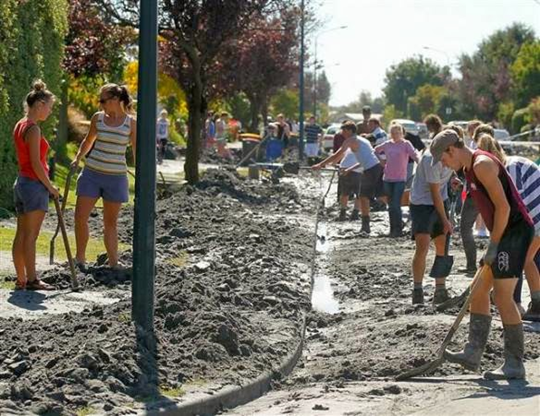
by Andrea Westall | Apr 4, 2016
Bronwyn Hayward argues that despite the New Zealand Government’s attempts to limit democracy after the 2010-2012 earthquakes – by breaching the Constitution and excluding local voices in decision-making – innovative citizen actions showed alternative, more...
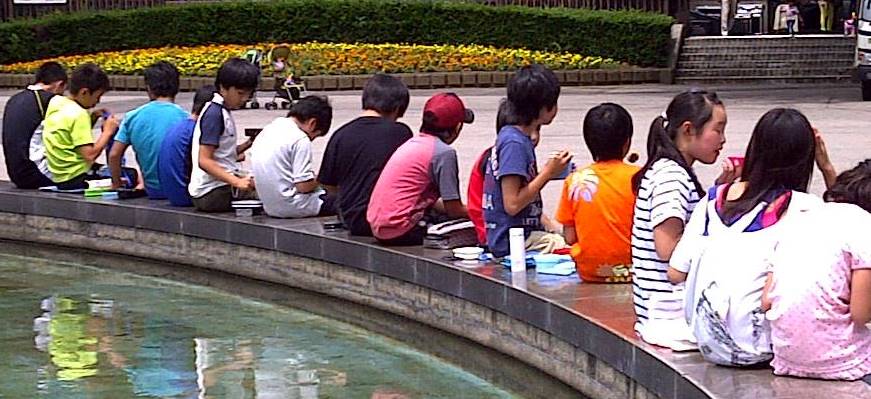
by Andrea Westall | Apr 1, 2016
Akiko Nanami argues that after the Fukushima tragedy in 2011, many women defied cultural expectations to protect their children, creating a women’s collective movement through social media, the internet, workshops and petitions. However, “once again their...
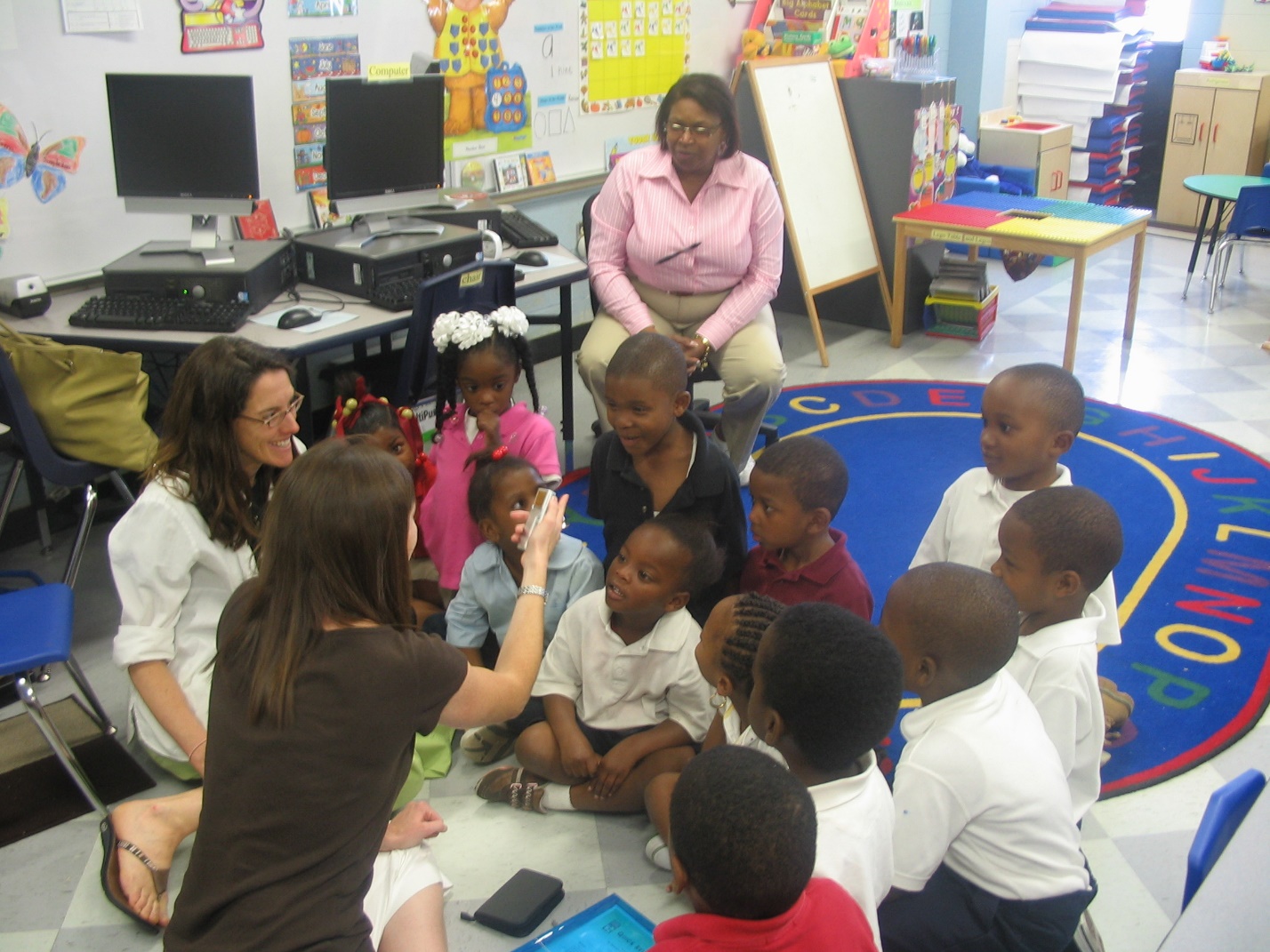
by Andrea Westall | Apr 1, 2016
Lori Peek draws on her work following Hurricane Katrina in 2005 where she interviewed disaster-affected children and youth across the United States. She found: “that by helping others, children and youth are able to contribute to their own recovery, as well as...

by Andrea Westall | Apr 1, 2016
Marion Walker draws on research into the 2013/2014 UK floods to argue that “by understanding their perspectives and capacities” children and young people “could inform more effective policy, enhance resilience and reduce the impact of future...
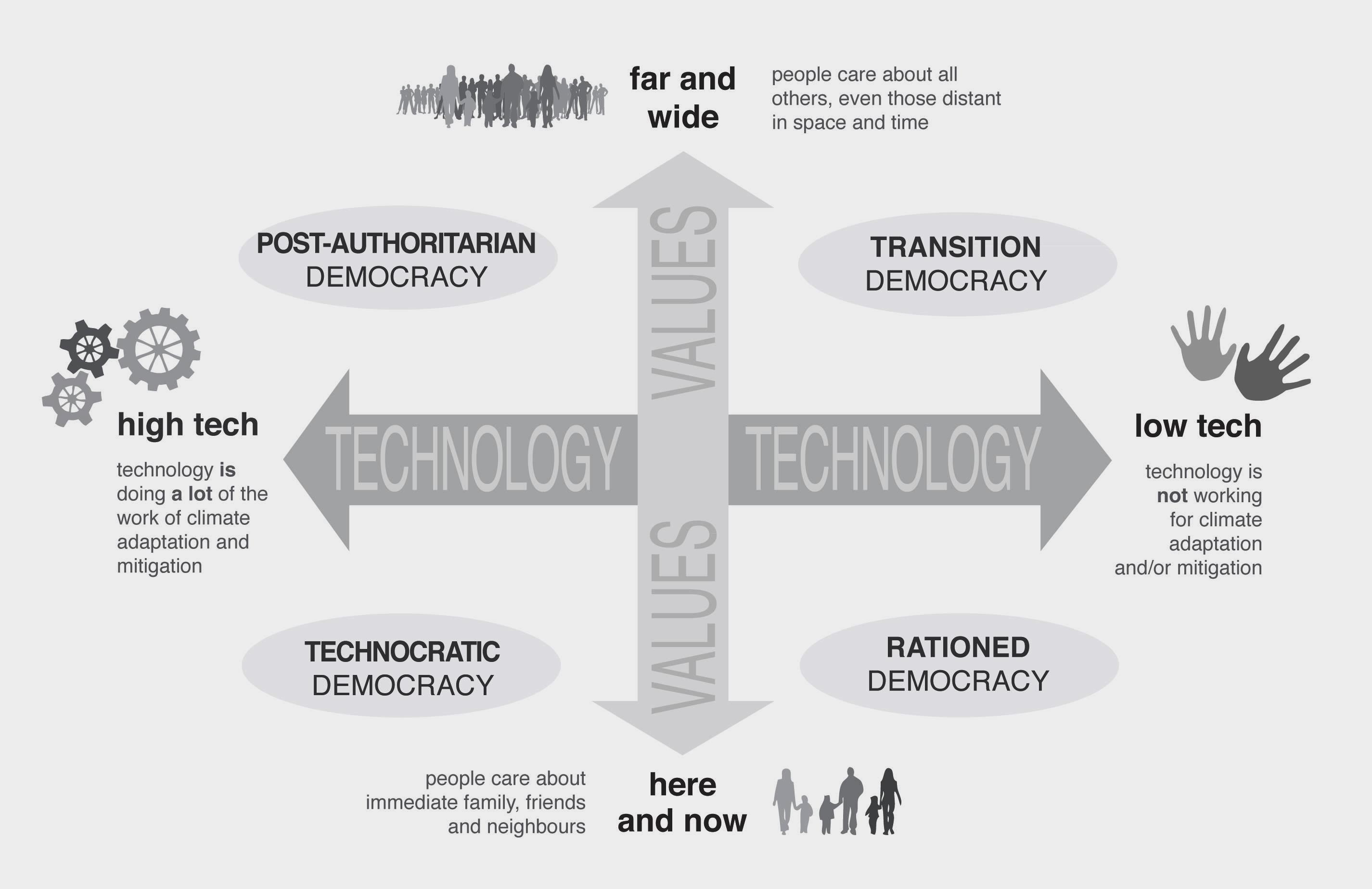
by Andrea Westall | Jan 20, 2016
This report summarises and updates the analysis and practical implications of previous FDSD work on the The Future of Democracy in the Face of Climate Change. It investigates the links between democracy and climate change, as well as the drivers of change that might...
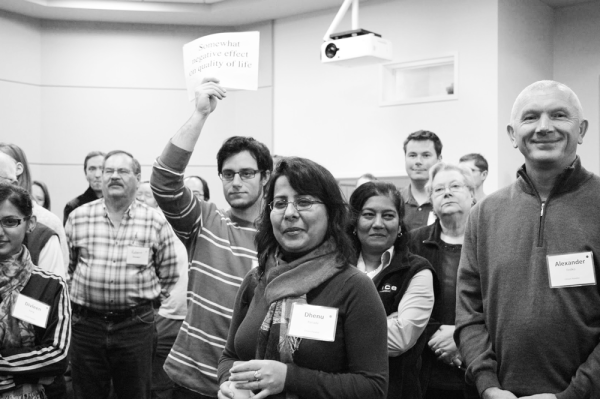
by Andrea Westall | Jan 20, 2016
This report suggests that deliberative democracy is a collaborative and effective way to develop the concerted, ambitious and creative action needed to respond to climate change. Drawing on the work of Alberta Climate Dialogue (ABCD) in organizing mini-publics, it...
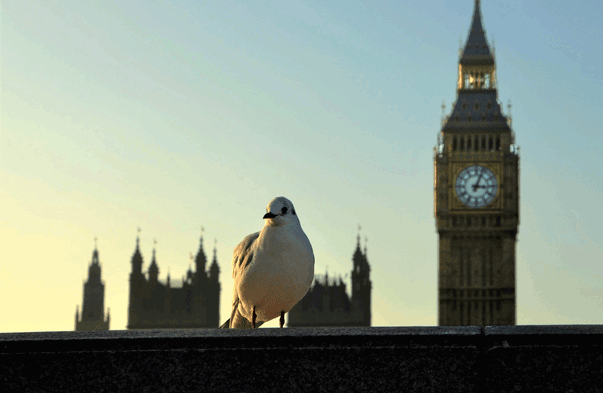
by Andrea Westall | Jan 19, 2016
Simon Burall argues that in relation to climate change, “the public debate is almost exclusively framed in scientific terms”. In order to “take the comprehensive action needed” government needs to recognise other forms of evidence and give them...









